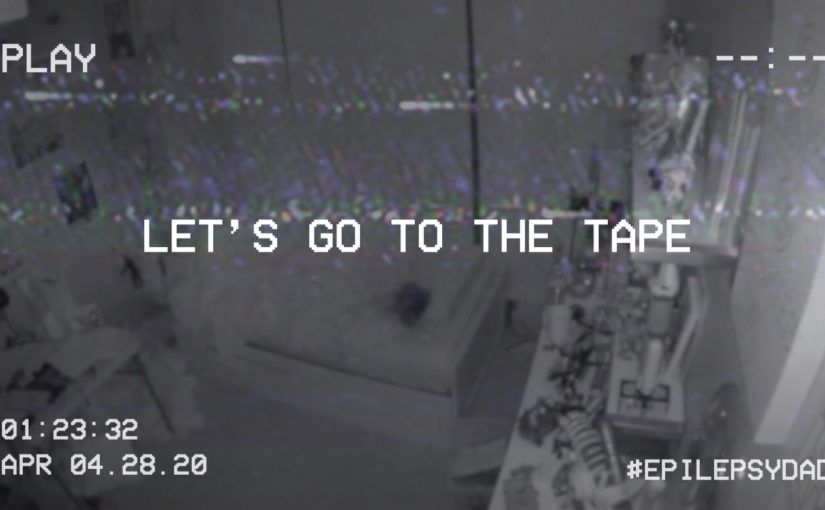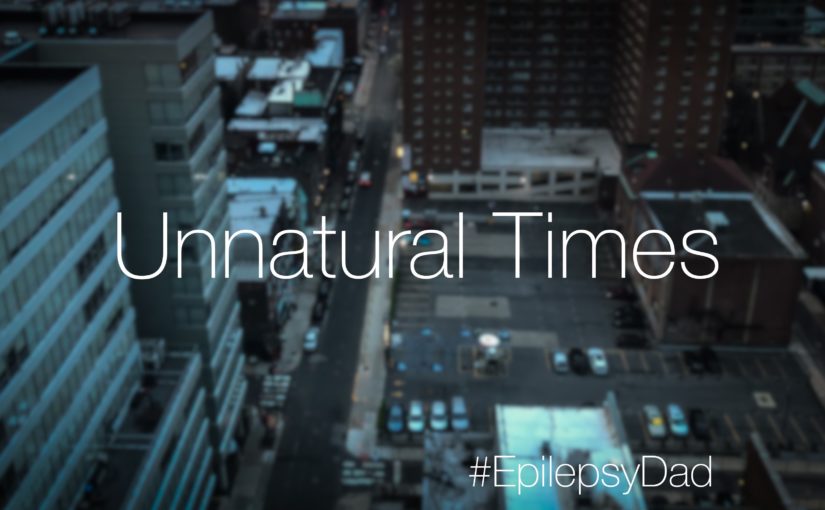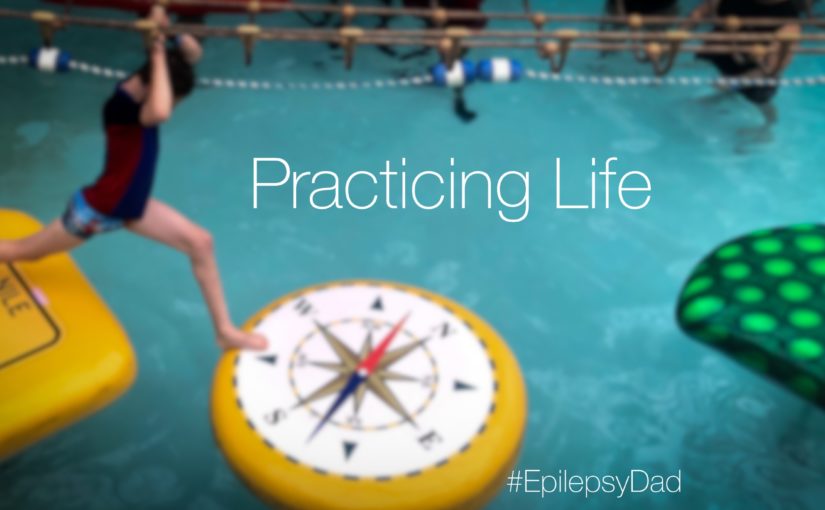A few months ago, we went to a water park resort for my son’s birthday.
I like water parks as much as I like dysentery (they’re basically the same thing). But it wasn’t my birthday, and the destination was an impromptu backup after the initial birthday plans had to be scrapped.
My son was understandably excited, so after we dropped off our luggage, we changed into our swimsuits and headed to the slides. The resort was massive. We navigated through the restaurants and arcade until we found the doors to the oversized Petri dish. I grabbed us a stack of towels, took a deep breath, and stepped through.
The park itself was a feat of engineering. Huge slides and pools were efficiently organized to take advantage of every inch of space. The concrete and florescent lights were clear indicators that nothing about this place was natural, but the deep scent of chlorine was very reassuring.
I surveyed the crowd, wondering which one of them was Patient Zero for the impending outbreak. I eyed the teenage staff skeptically, wondering if these were the people with whom I entrust my safety and the safety of my family. But then I saw my son’s face and his smile and I smiled back and got in line with him.
We rode a few slides that, I admit, were fun. Obviously, I had my eyes and mouth closed as tightly as a vault but, for a few minutes, I forgot how my son always winds up drinking the water in the pool and was able to enjoy myself.
From one of the slides, we caught a glimpse of an obstacle course that my son wanted to try, so we walked over and he got in line.
While we waited, I watched the other kids, mostly older, take their turns. The course was a series of platforms tethered to the bottom of the pool. They drifted further apart of closer together depending on the momentum generated by the person on them. Older kids had an easier time to reach the next platform because of their height, but then they would slide off the wet surface into the pool to the delight of their friends.
A few positions ahead of my son was a little girl, maybe four or five years old. She was much shorter than the other kids, which was more noticeable as her mother brought her up to the starting line. I watched as her mother gave her some words of encouragement then slowly backed away.
In my head, I was thinking that the mother should be closer. She was going to need to help her daughter navigate the course. She would have to hold her hand and encourage her, make her feel safe, and help her along. But then the little girl bent her knees and jumped.
She barely made it to the first platform but had enough contact with the surface that she was able to pull herself up. As she eyed the next platform, her mother smiled and the rest of the audience started to pay attention. From platform to platform, she unorthodoxly jumped and made her way across the course. At every pedestal, she’d slide partially off but manage to hold on and pull herself back up. Every time, the audience cheered.
All the while, her mother stood a few feet away. It was only as the girl reached the end of the course that her mother went over to her and celebrated with her. They held hands as they walked off together, celebrating victory.
The thing that struck me most about that situation was the mother, and how she kept her distance to let her daughter try the course by herself. It made me think about all the times I don’t do that for my son. I often feel like I am the “helicopter dad”, hovering no more than a few feet away. If I’m not doing something for him, I’m telling him how to do it so that he doesn’t make a mistake or feel embarrassed for being wrong when he raises his hand to a question he can’t answer. Instead of letting him be brave and celebrating that bravery, I keep him from figuring it out by himself.
I want to make his life easier because so many things are so hard. I want to do everything for him. I tell myself that it’s a matter of safety, or because he needs the extra help because of seizures or medications or exhaustion. But much like how training wheels prevent kids from practicing balance, one of the most important skills for riding a bike, I’m preventing him from practicing life.
I grew up (and still am, to a large extent) afraid of making mistakes. Afraid of trying new things. Afraid of what other people will say. Afraid of putting myself out there. My worst fear is passing those fears on to my son. But somehow, in spite of my best intentions, he continues to be brave. He continues to raise his hand before he knows the question. He still tackles challenges that are much bigger than him. And he still gets himself to the edge and isn’t afraid to jump.
It’s not easy, but I am learning to stand behind him instead of above him. I’d rather catch him if he falls instead of doing everything for him. I’d rather celebrate his victories and failures instead of keeping him from owning either. And I’d rather him practice life while I am here so that I can help him if he needs it, but so I can also watch him learn to balance on his own.


